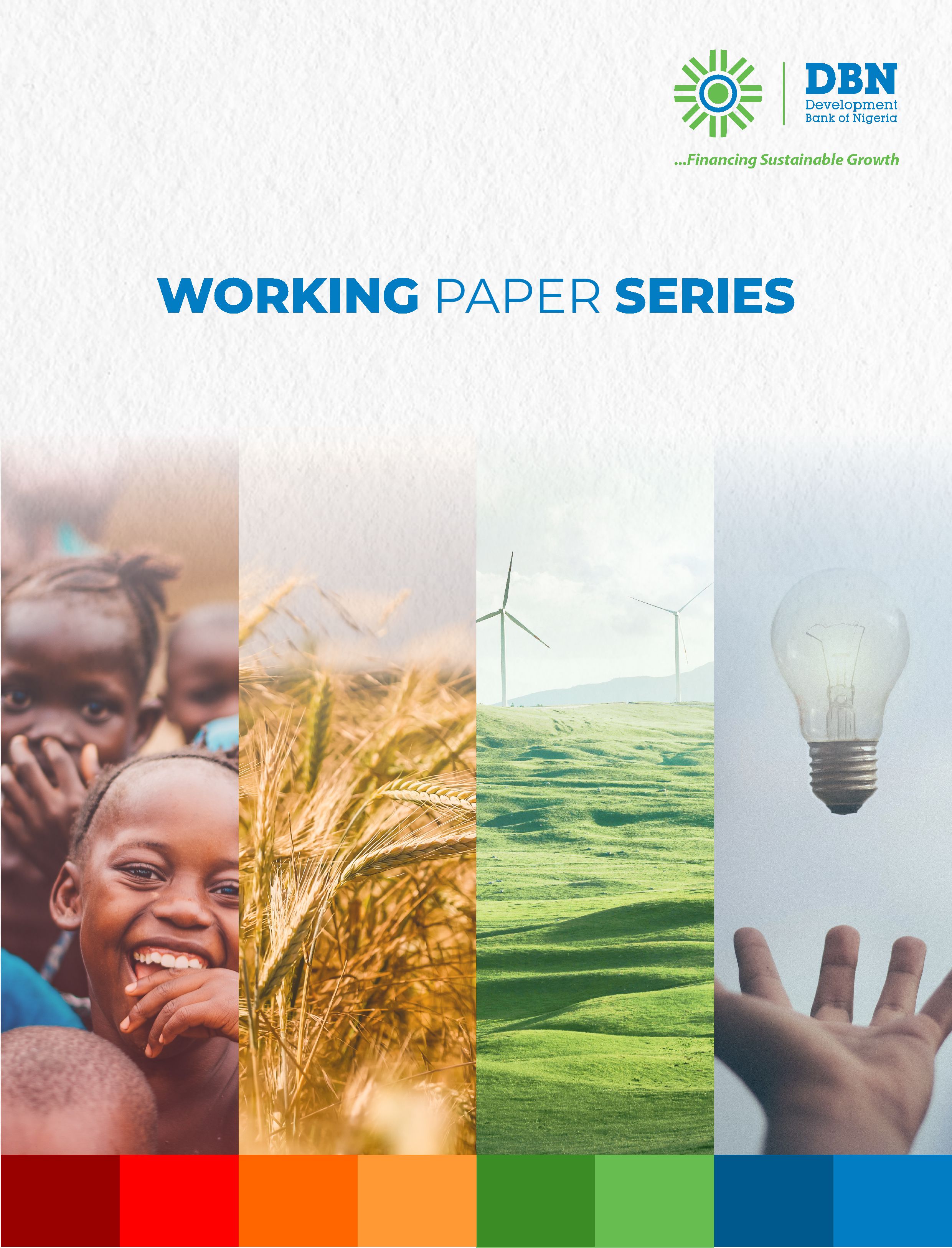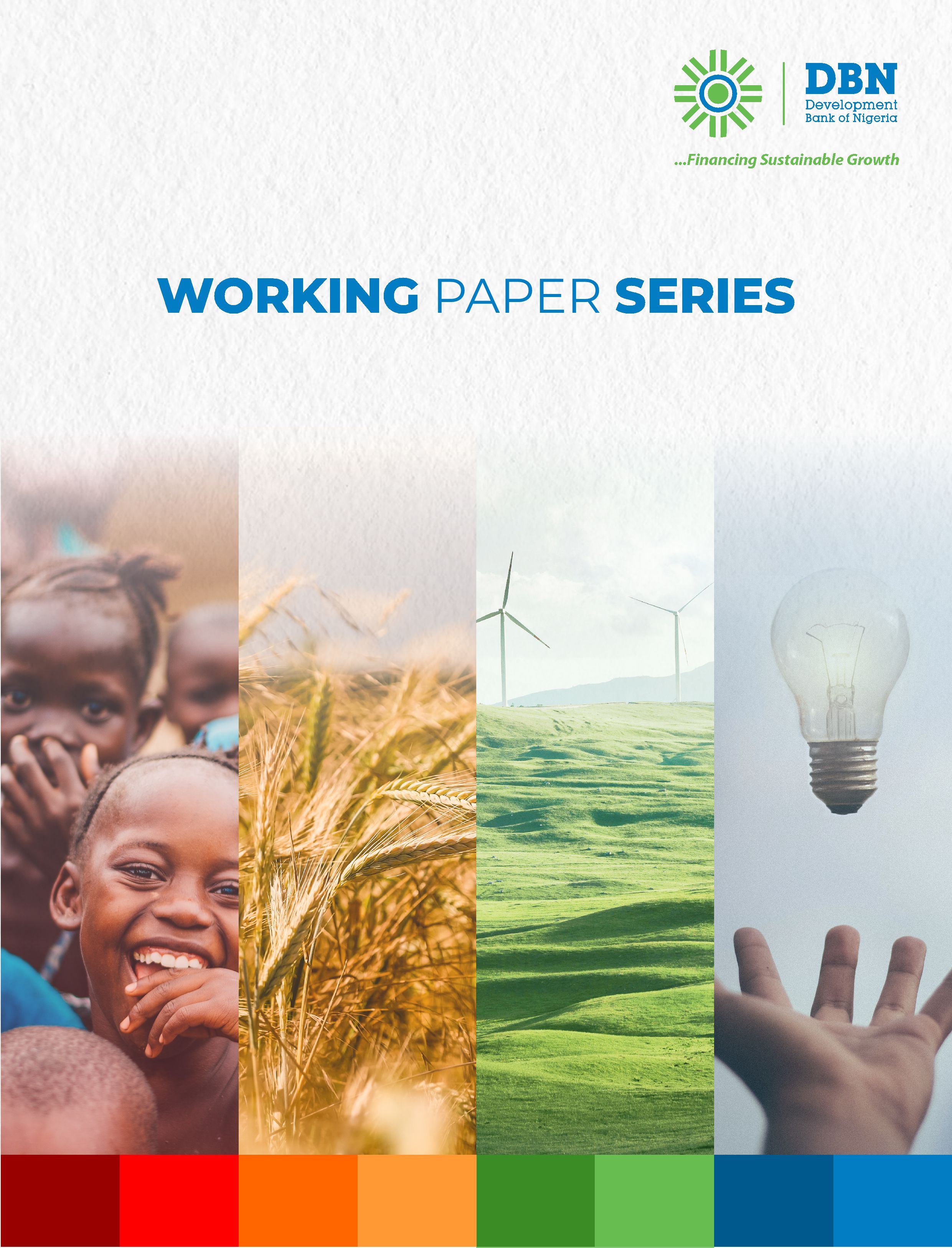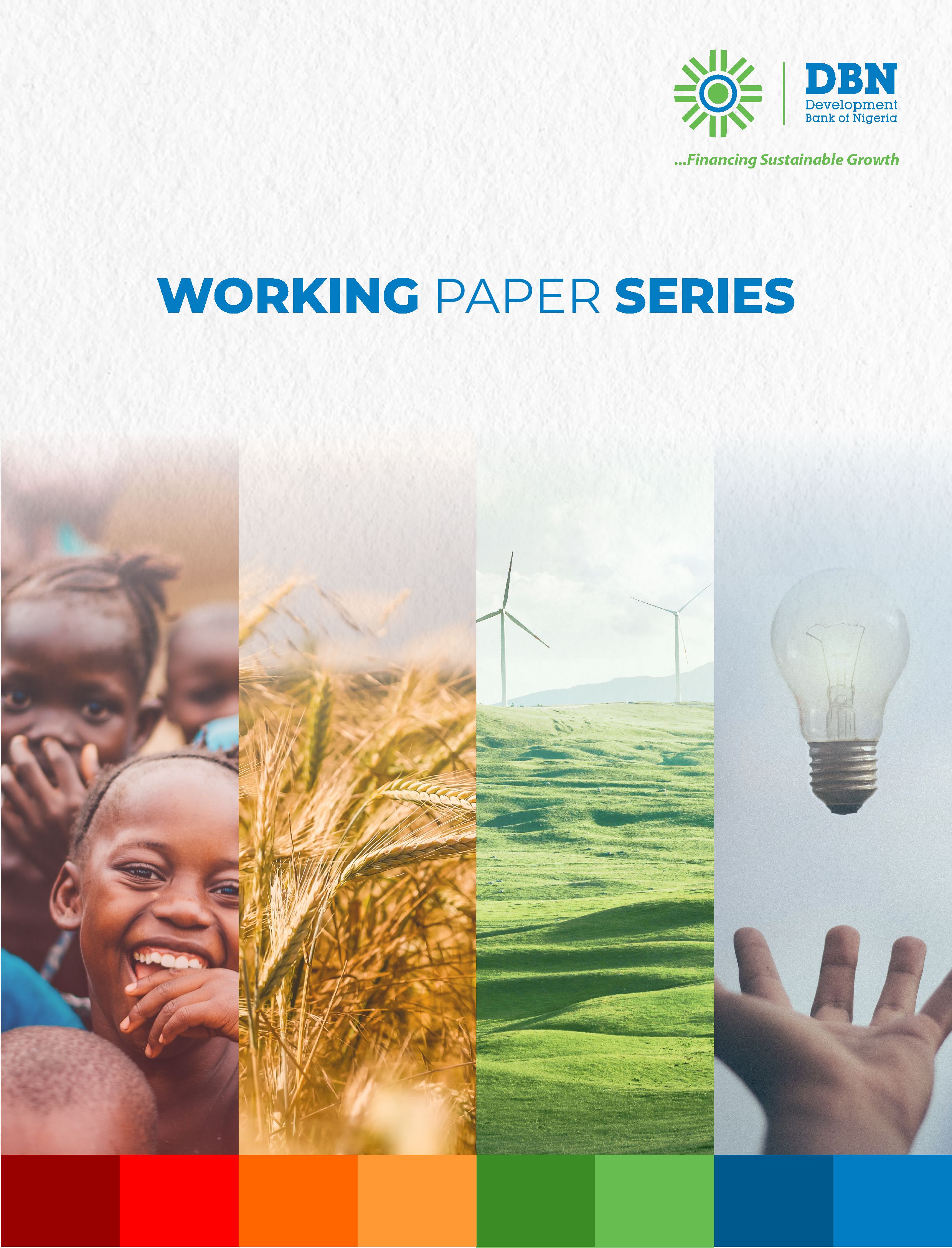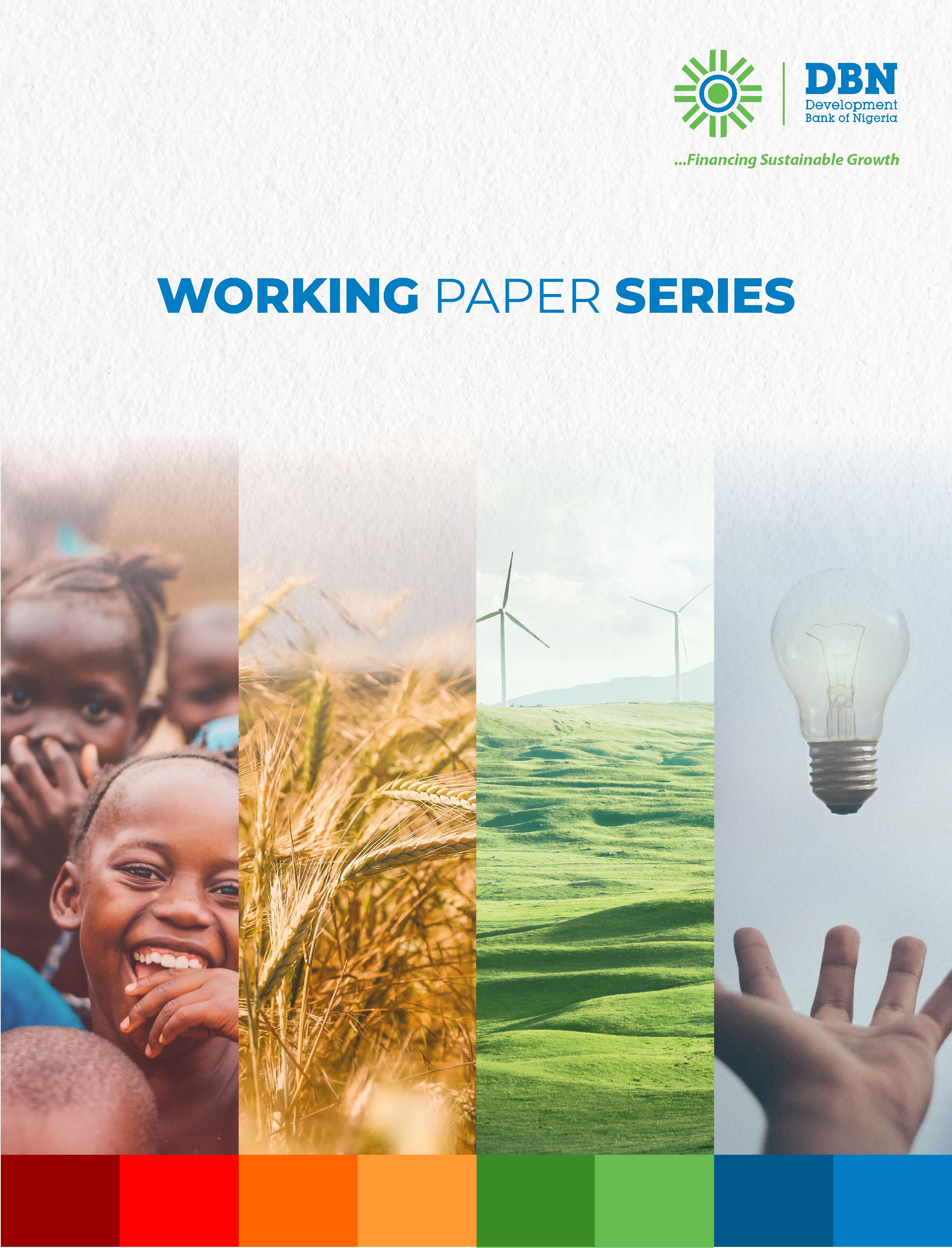
Publication Information
Published by: Admin
Published: 1 year ago
View: 228
Pages: 20
ISBN:
Abstract
This research complements the extant literature on poverty and inequality by assessing the role ‘virtual social networks’ and ‘internet access in schools’ in mitigating the incidence of inequality on poverty. Using secondary data, the focus of the study is on developing countries and the empirical evidence is based on Tobit regressions. The study shows that inequality unconditionally increases poverty while ‘virtual social networks’ and ‘internet access in schools’ negatively moderate the effect of inequality on poverty. An extended analysis provides thresholds of ‘virtual social networks’ and ‘internet access in schools’ at which, the unconditional positive effect of inequality on poverty is completely dampened and above which, negative incidences on poverty are apparent. These attendant information technology thresholds are below average levels in the sampled countries. The study complements that extant literature by assessing the role of virtual social networks and internet access in schools in mitigating the incidence of inequality on poverty in developing countries. Policy implications are discussed in the light of Sustainable Development Goals.
Simplice A. Asongu Prof
Peter Agyemang-Mintah Mr
Related Publications

VOLUME 7 ISSUE 3 2024
The effect of inequality on poverty and severity of poverty in SSA: the role of financial development institutions

VOLUME 7 ISSUE 3 2024
Energy Efficiency Investment in a Developing Economy: Financial Development and Debt Status Implication

VOLUME 7 ISSUE 3 2024
Tourism and income inequality in sub-Saharan African countries: the role of democracy
